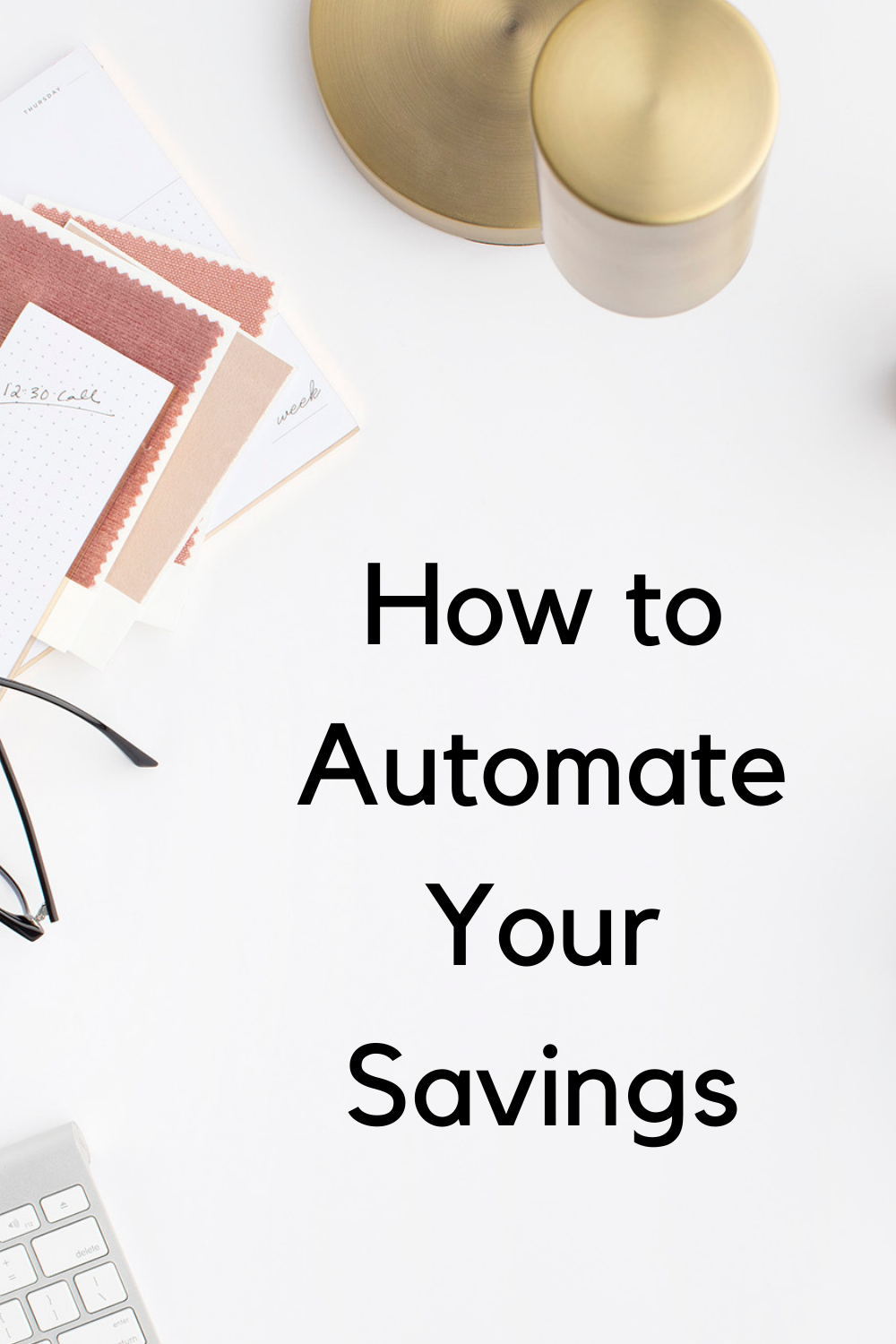Automate Your Finances
Why automate your finances? To answer that, let’s think about exercise.
When you go for a run, lift weights, or spend time in your favorite exercise class, it’s easy to accept that you’re tired and need rest—you just worked out! But when you’ve spent hours paying bills, juggling due dates, or double-checking your checking account, most of us don’t give ourselves the same grace. We think of it as “just adulting,” but the truth is that mental work is work, too.
Decision-making, in particular, is draining. Psychologists call this decision fatigue: the more decisions you make, the less reliable your later decisions are. You have less willpower, less focus, and more chance of slipping into “easy” choices like impulse shopping or skipping a bill until later. As a fascinating article from the New York Times Magazine once put it, “Once you’re mentally depleted, you become reluctant to make trade-offs”—and trade-offs are the foundation of any budget.
That’s where automation shines. Automating your finances is like putting your money on autopilot: you make a thoughtful, intentional decision one time, and then the system takes care of it for you. Automated bill pay ensures you never get hit with late fees. Automated savings transfers help you grow your emergency fund without having to think about it. Automatic retirement contributions mean your future self keeps getting paid, even if you forget about it for months.
In 2025, automation is easier than ever. Most banks now offer free automatic transfers and bill pay, budgeting apps like Monarch, YNAB, and Copilot connect directly to your accounts, and even investment platforms like Fidelity, Vanguard, and Betterment can automate deposits. Many of these tools also provide dashboards to help you check in without spending hours each month sorting through statements.
There’s also the peace of mind factor: when your essentials are covered automatically, you can focus your energy on bigger financial goals—like paying down debt, planning for travel, or building wealth—instead of stressing about whether you missed a payment. Automation doesn’t mean ignoring your money; it means freeing your mental bandwidth so you can spend it on decisions that actually matter.
Of course, it’s worth setting reminders to review your automated systems every few months (to avoid “subscription creep” or forgotten charges). But once you have the framework in place, automation turns your finances from a source of decision fatigue into a source of stability. Think of it as exercising your financial health in the background, while you get on with living your life.
How to Auto-mate Savings
For us, the easiest way to save is to never see the money. If $100 is automatically deducted from your paycheck, you will quickly adjust to living on the rest. If, instead, you decide to transfer $100 to a savings account every month, well, that’s harder. Sure, it’s the work of a few seconds, but there are many more places it could go wrong: you could make a mistake, you could forget, or you could decide—just this time, of course—not to make the transfer. Something’s come up, and this month you really need that money.
If you get a salary from a company with a retirement fund like a 401k, set it up. If money is tight, start with 1%. If your company will match your contributions up to a certain percentage, that percentage would be a great place to start. (Free money!) Sometimes you can even set it to automatically increase a percentage point every year. Decide on when you will check in on your retirement fund—when you will take a look at the investments you’ve chosen and make sure the contributions look accurate—and schedule it in your calendar. Now you’ve reduced your thinking about this to a couple times a year at most, but you can rest assured that it’s happening.
What about your emergency fund or other cash savings? This is the classic “pay yourself first” that personal finance people talk about! You can keep this from ever seeing your checking account too. First, set up a savings account separate from your checking account. Some people use a whole other bank for this; we find it effective to go into the settings on our bank’s user interface and set it to the last account in the list, which appears below a “click to expand” link. Next, talk to the person at your job who does payroll, or log into the payroll portal if you have one; it may be run by a third-party company like Paychex or ADP. You can set your paycheck to be divided into multiple accounts by dollar amount or by percentage. Separate out your savings and commence with ignoring it.
Finally, once your money does hit your checking account, it’s not too late. You can set up a recurring transfer to your savings or investment account. We like to do it the day after our paycheck is direct-deposited. Don’t forget you can do this with accounts like 529 plans (college savings plans) too.
How to Auto-mate Spending
It’s time to schedule as many of your recurring bills to autopay as you can. We like to use a credit card for this—to keep our checking account balance simple, because it offers a little more consumer protection, and because we get credit card points. This is where automating your finances can get dangerous, though, because it’s easier to overlook overcharges. So, keep in mind that you still have to track your spending! But it can be quick; just write down the charge when it hits your account. You’ll notice if it’s too high or if unexpected charges show up. Never worry about running out of stamps or paying late fees again.
Now that you’ve addressed your regularly scheduled bills, go back to your budget again and look for patterns. What category do you spend roughly the same amount in every month (or maybe, what category do you want to spend the same amount in)? Is there a way to take it off your plate?
For example, a few months ago we realized that our spending on alcohol was all over the place. (We live in a state where you have to go to a wine or liquor store to buy wine—it’s not for sale in the grocery store, so this was easier to track than it might have been if it was included in the grocery bill.) Some months we would skip the wine store; others we would go multiple times. And when we did go, the amount we spent varied widely depending on what we got. So we signed up for a wine subscription service that charges the same amount for the same number of bottles every month. It’s not a large number, so if we don’t drink them, we can save them for the next month or give them as gifts. No more trips to the wine store; no more unpredictable budget.
We’ve done the same thing with pet food via Chewy (some local pet stores have their own programs!), lower-waste cleaning and body care supplies via Grove Collaborative, pantry staples, and even home and car supplies. See what is available near you that takes something off your plate—maybe you have a milkman (seriously!) or a local tea supplier who is willing to drop off refills. As long as it’s a budget category that you already have and it’s making less, not more, work for you, automating your finances is something to consider.
If you’re anything like us, you have plenty to think about when it comes to money. Automate your finances so you can reduce the mental burden of the regular charges. Then you can concentrate on making your overall financial situation even better!



